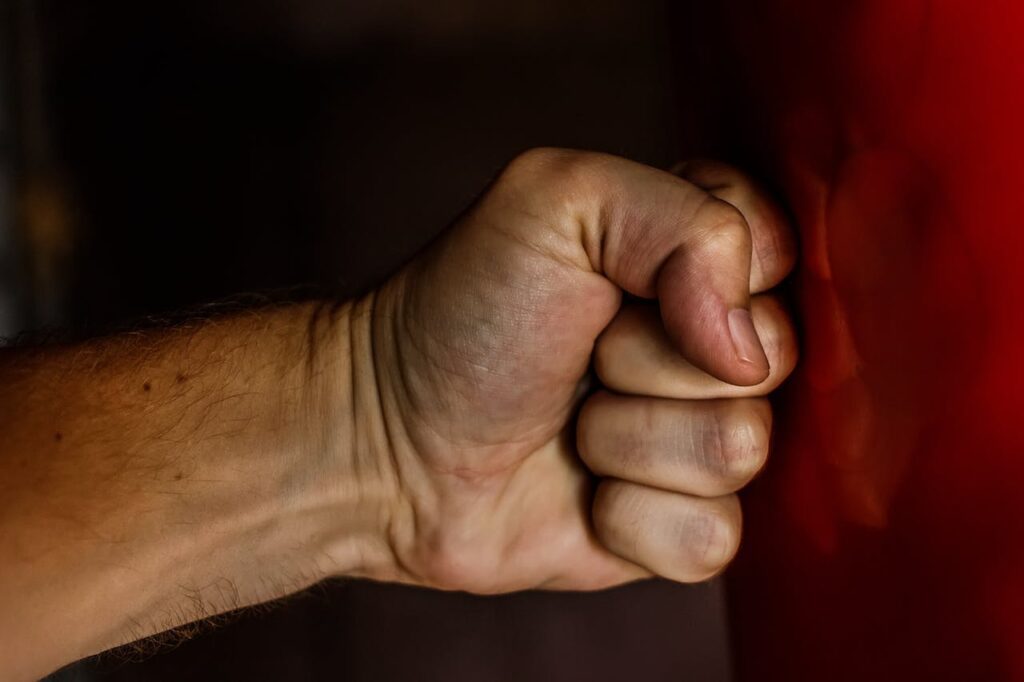Man’s tendency to avoid conflict
Some of us deny our anger to avoid upsetting or offending others. And while deception is sometimes necessary to avoid getting into an argument, when it becomes a refusal to admit our feelings at the expense of someone else, it becomes passive aggressive behaviour.
The Origins of Passive-Aggressive Behaviour
Our ancestors dealt with conflict using the “fight or flight” response – if a dangerous animal or enemy confronted you, your instincts took over and you’d either stay and deal with the threat or make a run for it. If you succeeded, you’d be alive and the risk would be thwarted or abandoned.
Passive-aggression is a learned response rather than an instinct; it’s a uniquely modern behaviour we developed as a way to avoid conflict when fighting or fleeing aren’t options. For example, when our boss decides to give us a new project despite an already overloaded workload, we can’t challenge him to a fight or hide in the bathroom. Instead, a passive-aggressive person will grin, nod, and say “no problem” while silently resolving never to do the work.

The Psychology of Passive-Aggression
Passive-aggression is an indirect way for people who feel powerless in relationships to get what they want. When someone wants to avoid conflict, they use passive-aggressive behaviour to display their hostility indirectly.
Recognizing Passive Aggressive Behaviour
Because of its subtlety, passive-aggressive behaviour is hard to recognize. It’s a juxtaposition of two opposite behaviours that results in an indirect form of aggression that might look something like this:
- Passive:The beer fridge is empty. I must fill it immediately before Paul notices.
- Aggressive:“Paul, you dick! I’m going to kick your ass for drinking all of the f@#!$g beer!”
- Passive aggressive:“You drank all the beer and didn’t save any for me? Oh don’t worry Paul, it’s fine. Beer is obviously very important to you.”
“The root cause of all passive aggression is the human fear of direct confrontation – the emotions that a conflict can churn up and the loss of control that ensues.” – Robert Greene
Most guys don’t recognize that they’re passive-aggressive because it seems like perfectly normal behaviour to them. As far as they’re concerned, they’re a nice guy trying to spare your feelings (while denying the expression of their own). Passive-aggressive people might ignore someone they’re pissed at or give them a back-handed compliment; agree to do something and then don’t follow through; talk about people behind their back or make sarcastic remarks about them.
People who rely on this behaviour long-term find it challenging to make connections with people, which affects their ability to maintain relationships with co-workers, friends, family members and romantic partners.
To the person on the receiving end, passive-aggression feels like a mind game. You can’t help but feel they’re just telling you what you want to hear, and you can’t help but notice that even though they’re saying everything is fine, their body language and tone clearly shows that it’s not.
“Peace is not the absence of conflict, but the ability to cope with it.” – Mahatma Gandhi
How to Manage Passive-Aggressive Behaviour
Because it’s a learned behaviour, passive-aggression can be unlearned. You can learn to address your hostility in a positive way that doesn’t isolate those around you – you just need to find the right way to express your anger. If you think passive-aggression might be ruining your relationships, we can help you learn to communicate how you really feel, articulate your desires, and express your needs. Taking responsibility for your feelings can help you live a more authentic life and improve your relationships.





